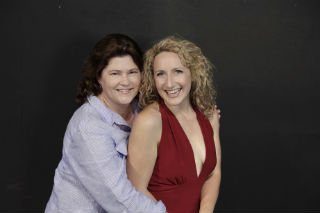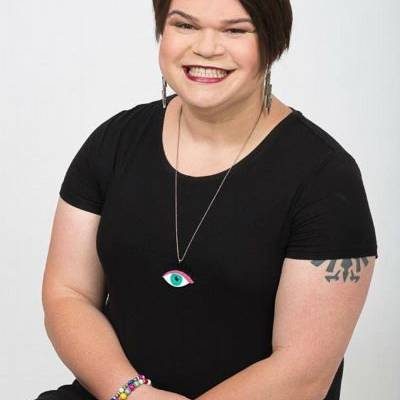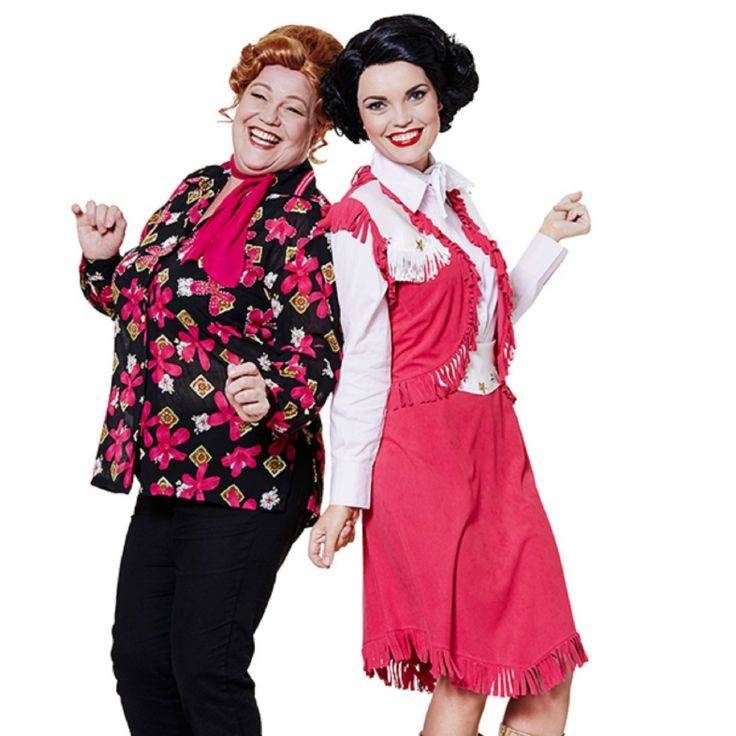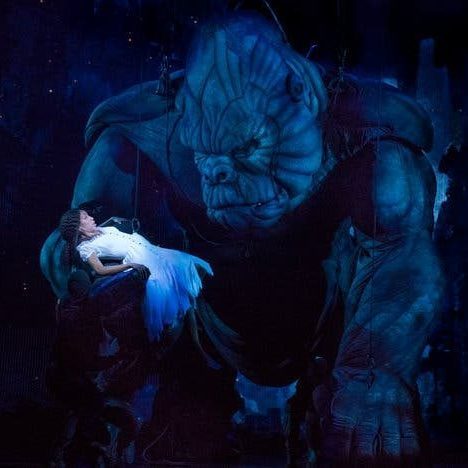
Margi de Ferranti and Elise McCann from the hilarious and touching, Tony Award-winning musical drama Falsettos shed light over the dim areas of being in a long-term lesbian relationship on stage.
Tell us a bit about the character you are playing.
Margi: I Play Dr Charlotte – otherwise known as a lesbian from next door.
Elise: I play a Jewish Kosher caterer called Cordelia. (Try saying that fast).
What do you love about your character and what frustrates you?
Elise: Cordelia is an optimist. She loves to nurture, to nourish, to be there for others. I love her compassion and her generosity with others. She has so much heart and genuinely loves her partner Charlotte. What frustrates me is that she often loses her own self in trying to please and assist others.
Margi: Dr Charlotte is dealing with the strains of not only being a successful female doctor, but also being gay in a world that would find that hardly acceptable. I don’t think that I am frustrated with her mental constraints, but sad that she has to deal with them, and I think that inevitably, it will cost her the relationship.
What does Falsettos teach the audience about relationships, gay or straight?
Margi: I think, the fact that William Finn has so cleverly presented gay and heterosexual relationships through comedy and pathos, on the same stage, without creating fences between the two worlds – lends major advocacy toward equal marriage rights.
What’s the difference between this and earlier productions of Falsettos? What can we, the audience, be excited about this time round?
Elise: In this production we use performance art and physical theatre techniques in order to support the more surreal elements of the piece. It’s really exciting because the audience get to see the subconscious reality as well as the domestic reality of their situation.
It seems that the characters enter relationships without examining why they love each other, or even if they love each other at all. Even with a psychiatrist in their midst, it seems as though none of the characters know themselves at all. What do you think about the truly unexamined lives, and relationships (in a psychological and spiritual sense)?
Margi: Wow! You really got this piece! We cannot forget that at the heart of this piece though, is Jason — observing the machinations of the relationships in the lives of the “adults” he knows, trying to learn from them before he grows into a man at his Bar Mitzvah. The fact that each and every character is stumbling through their relationship merely confirms that we are all human and that life is not a fairytale.
Elise: Wow, what a question. I think that most people have entered relationships at some point without stopping to think why they love someone or what that love is founded on. Relationships are one big mirror. They force us to see our own insecurities, limitations and also how much we want and need love, and how much we actually want to give love. It is where we are most vulnerable. It seems like no one has their shit together, because every relationship in the piece is being questioned and analysed. But I don’t think it’s unique to reality.
How does Falsettos speak of the social constructs of gender and its prescribed roles in today’s society?
Margi: I think the purpose of Falsettos is to actually diminish the idea of prescribed gender roles. It eliminates the social stereotype of discrimination and prescribed constructs of what is masculine and feminine and what is right and wrong, and reminds us that love is love, and everyone has elements of the masculine and feminine in each of us.
Why is this play an important part of Mardigras 2014?
Elise: This play affirms enduring gay relationships. And we are in a time right now when it’s important that audiences realise gay and straight relationships are equally valid and deserving of respect and celebration. This piece is about love. And love doesn’t discriminate. Sadly, we as a society have not yet found equality and this piece helps bring another voice to this issue.




